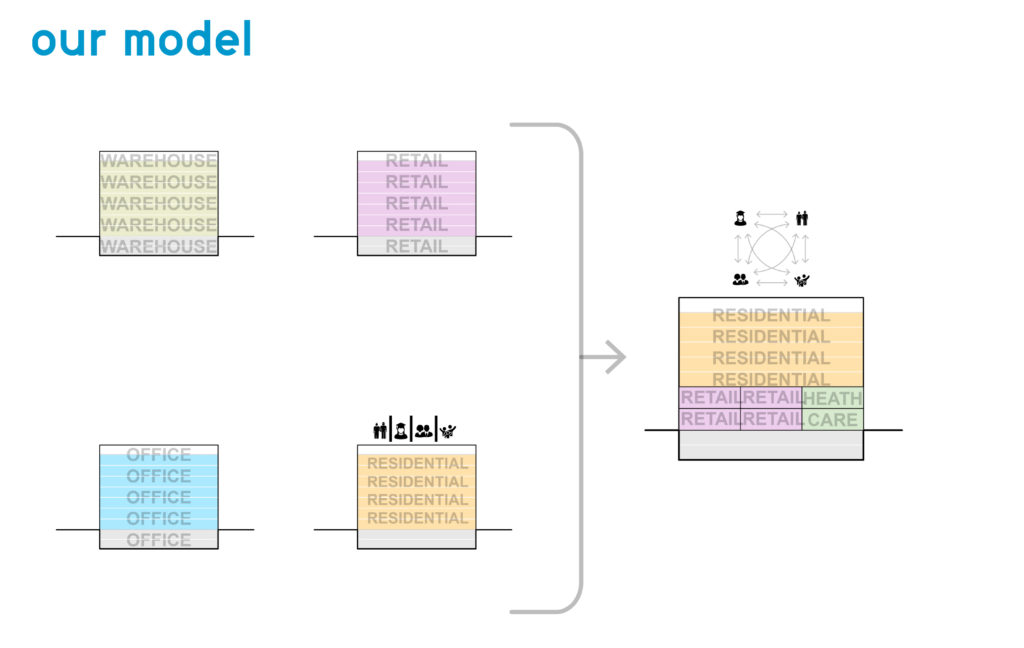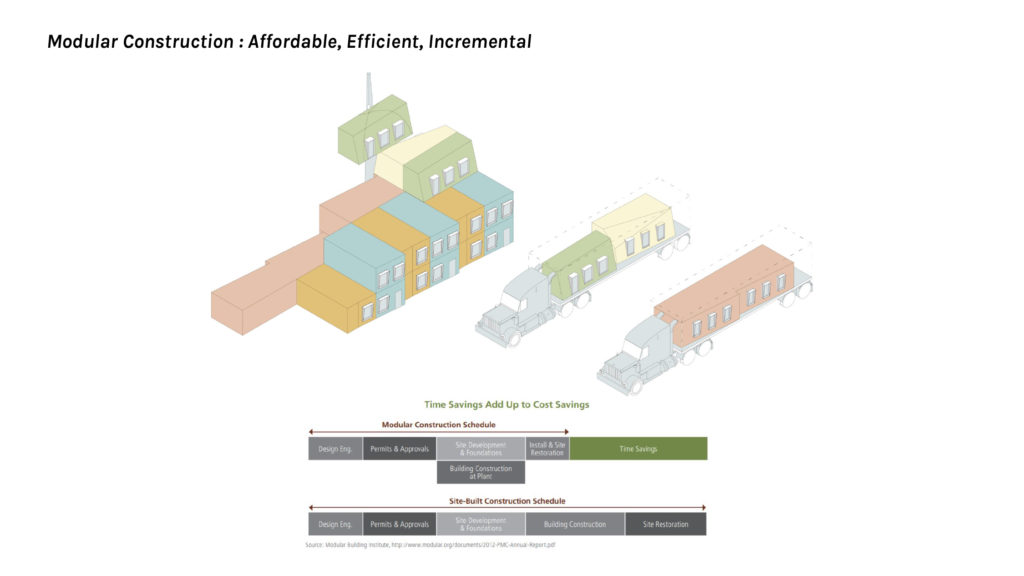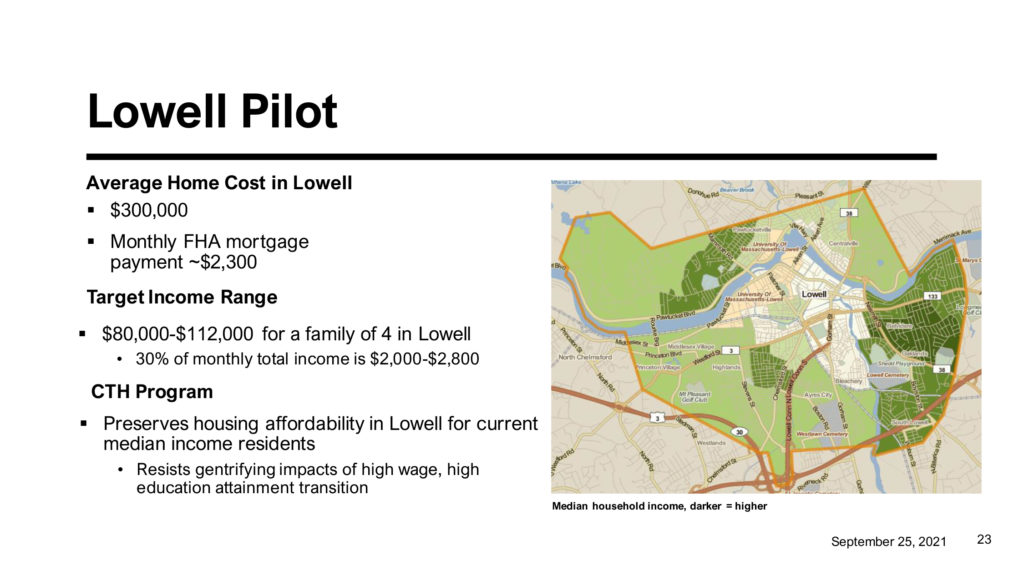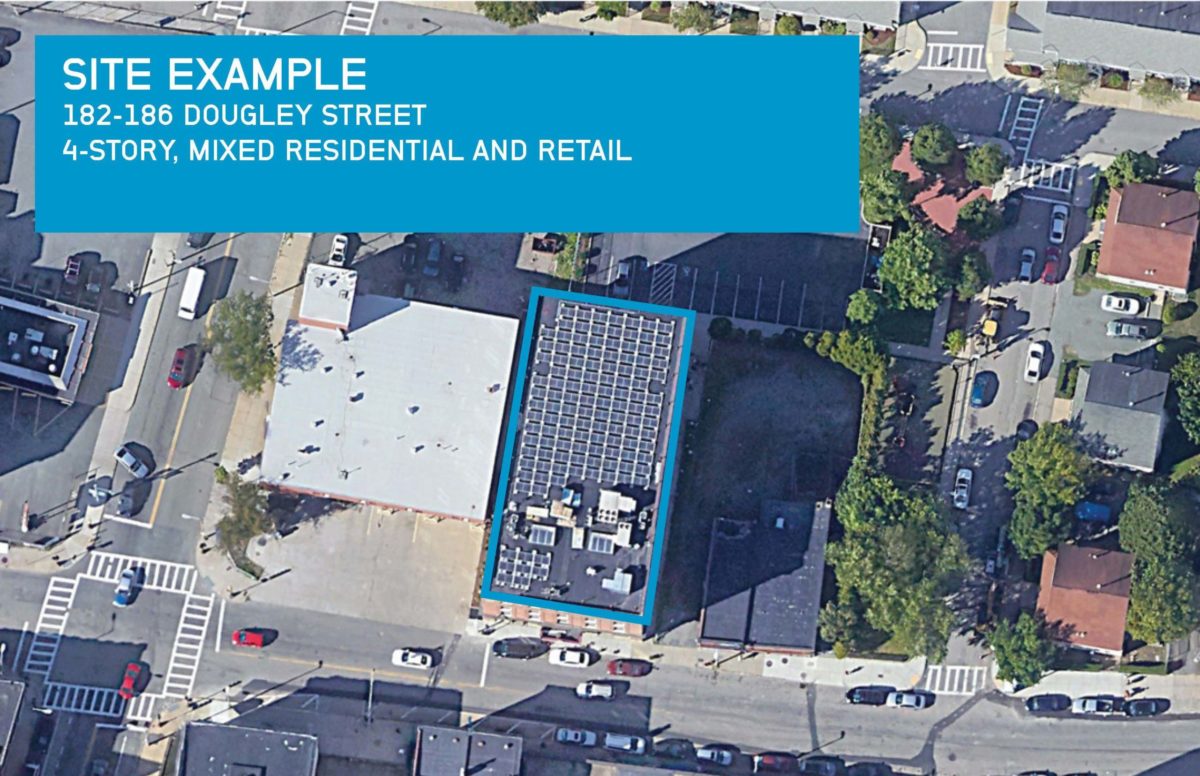Proposals developed by three groups of Harvard Graduate School of DesignGSD students were recently recognized at the 2021 Hack-A-House competition. Hosted by Ivory Innovations and co-sponsored by the Joint Center for Housing Studies at Harvard University, the annual 24-hour charette-style competition seeks solutions to the national housing crisis. Once given a prompt, teams of one to five students have 24 hours to submit an innovative proposal for a problem directly affecting housing affordability in one of three categories: Finance, Regulatory & Reform, or Construction & Design. The solutions seek to create economic opportunities for vulnerable populations in the participants’ communities and beyond.

“Legacy Living: A Pathway to Affordable Multi-Generational Homeownership” by Miguel Lantigua-Inoa (MArch II ’23), Margaux Wheelock-Shew (MArch II ’23), Adam Yarnell (MDes EE ’22), and Arami Matevosyan (MDes REBE ’22) was the winner in the Policy & Regulatory Reform category. The team addressed the lack of affordable elderly housing, the projected shortage of home health aides, and the increasing percentage of adults over the age of 65 in the United States. In response, the project proposes the development of mixed-use, multigenerational housing that includes healthcare services alongside traditional retail outlets.
Watch the team’s video presentation.

“Union Squared: A Housing Typology for ALL Households” by Cassie Gomes (MArch I ’22) and Angela Blume (MArch I ’22) was a runner-up in the Construction & Design category. The proposed project seeks to make homeownership affordable to 30 percent of area medium income (AMI) households by providing a “diverse assortment of housing types for varying household arrangements” through a “catalogue of parts that can be used to expand a house over time.” The team identified modular construction as an affordable and efficient method that can expand incrementally based on household needs.
Watch the team’s video presentation.

“Assumable Mortgage Financing: Affordable Equity-Building in Gateway Cities” by Zoe Iacovino (MUP/MPP ’23), Claire Tham (MUP ’23), Chadwick Reed (MUP ’22), and Allison McIntyre (Tufts University) was a runner-up in the Policy & Regulatory Reform category. The project seeks to combat gentrification in cities on the peripheries of major metro areas, like Lowell, MA, that are facing population growth in the wake of mass adoption of work-from-home policies due to COVID. Team Undecided proposes that ARPA (American Rescue Plan Act) funds are used to originate assumable mortgages on homes in neighborhoods subject to gentrification to allow an affordable path to homeownership for lower income residents in Lowell and beyond.
Watch the team’s video presentation.
This is the second year in a row that GSD students have placed in the annual Hack-A-House Competition. In 2020, Iacovino, Reed, Ryan Johnson (MUP ’22), and Gianina Yumul (MUP ’22) won the competition’s grand prize in the Policy & Regulatory Reform category for their project, “Parking Lot Potential: Converting excess parking to affordable manufactured housing in a post-COVID world.”
